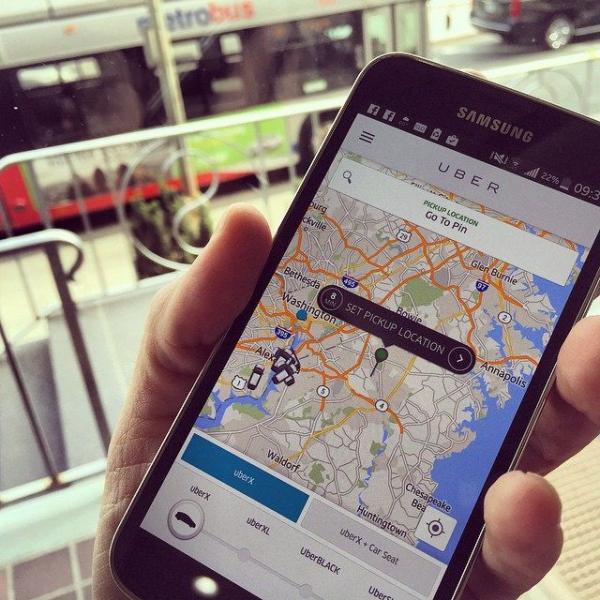
American Action Forum (AAF) hosted a three-person panel on Thursday to discuss the emerging sharing economy.
Moderated by the Wall Street Journal’s Eric Morath, the panel covered a variety of economic topics from the benefits of crowdsourcing and direct-selling models to the shift in employment trends as the result of companies like Uber, Lyft and Airbnb.
Participants in the panel included Carl Pierre, the head of DC Operations at WeWork; Lori Bush, president and CEO of Rodan + Fields and Alan B. Krueger, Bendheim Professor of Economics and Public Affairs at Princeton University and former chariman of President Barack Obama’s Council of Economic Advisors.
The panel built on a paper authored by Will Rinehart, AAF director of technology and innovation policy, and Ben Gitis, AAF director of labor market policy. Rinehart and Gitis’ research highlights the positive impact of the sharing economy:
The gig economy is of rising importance in the overall U.S. economy. From 2002 to 2014, workers in the gig economy expanded between 8.8 percent and 14.4 percent. Independent contractors, most notably, helped put 2.1 million people to work, accounting for 28.8 percent of all jobs added from 2010 to 2014. The ride sharing industry alone helped bring in an additional $519 million in economic activity from 2010 to 2013 for independent workers, while injecting 22,000 jobs into the sector. Though it is early, the online gig economy also seems to also be a growing piece of United States’ economy of the 21st century.

